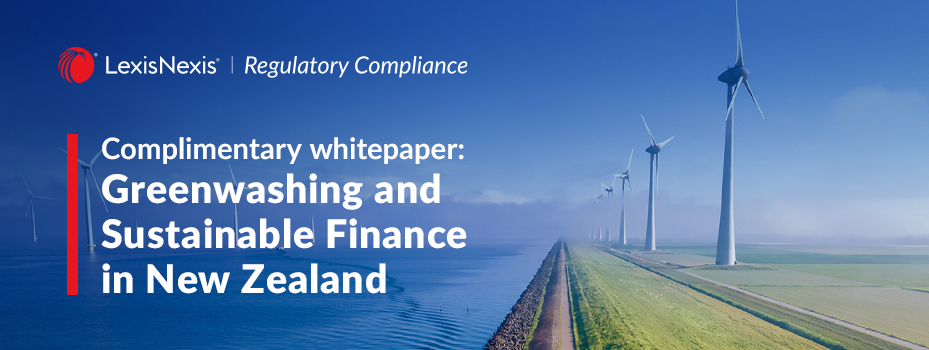
Greenwashing and Sustainable Finance In New Zealand
23 January 2023 01:52
The climate is changing. As the planet heats up, hollow sustainability gestures are no longer sufficient. Only genuine adaptation will ensure the prosperity of financial institutions.
The sustainable finance industry is booming. Growing public awareness and a wave of international sustainability initiatives have created an insatiable appetite for financial products free from the stigma and consequences of environmentally and socially damaging investments.
Financial institutions have responded by creating a range of financial products that carry a ‘sustainable’ label. Initially limited to bonds and loans, complex financial instruments claiming sustainability are increasingly common in the market. A sophisticated investor can now browse a range of ‘sustainable’ derivatives including warrants, forwards and futures.
These claims to sustainability are largely unregulated. While some jurisdictions (including New Zealand) have made progress towards mandatory reporting on environmental, social and governance (ESG) metrics for product issuers, such measure are not yet in place. From a regulatory compliance perspective, financial institutions considering a new sustainable product are generally bound only by their fair dealing obligations to avoid deceptive conduct and misleading representations. Limited PDS disclosure obligations also apply to issuers of certain categories of investment product.
However, Regulatory Compliance is only the beginning. Reputations and market access are at risk. Financial institutions that fail to establish sustainability credentials may find themselves mocked by the public, abandoned by investors and excluded from the market.
On a macro level, the appetite for sustainable finance will only strengthen as the effects of climate change become more visible and acute. A resulting proliferation of financial products claiming sustainability on thin or absent grounds risks stretching the credibility of the label to breaking point. This could derail a movement that is both profitable for participants and critical to the health of the Earth.
How can financiers and their clients avoid this outcome? With few formal credentials to draw upon, some institutions are already facing accusations of ‘greenwashing’. The solution…
To keep reading, fill out the form below to download the full article:
 Lexis Nexis
Lexis Nexis